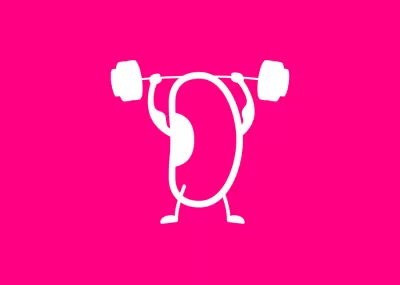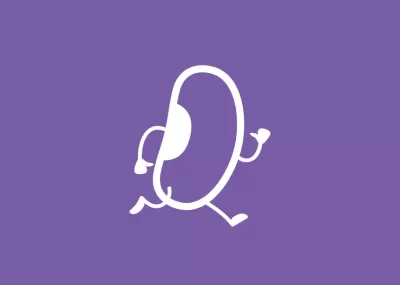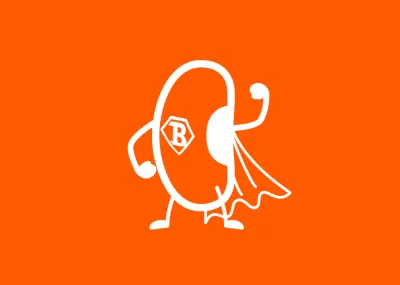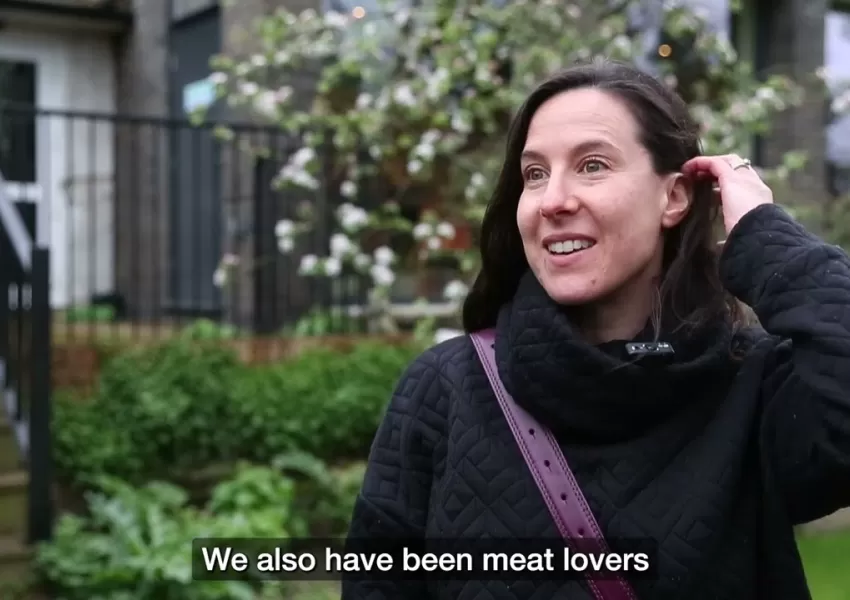Facts about beans, peas and lentils
Go bean! Good for your health
Beans, lentils and peas…
- Are one of the few foods to be classed as both a vegetable and a protein. Their protein content helps build and maintain healthy muscles, bones and skin.
- Are naturally low in fat and high in fibre, meaning they can help you to maintain a healthy weight.
- Have a low glycaemic index, meaning they can help to keep blood sugar levels steady and can help lower the risk of Type 2 diabetes.
- Are packed full of nutrients, vitamins and minerals, including iron, zinc, folate, and magnesium.
- Are a great source of fibre which promotes gut health and helps reduce the risk of some cancers.
- Count as one portion of your fruit and veg per day.

Mum Frances shares how she's getting her little ones to eat more beans, peas and lentils
Mum Frances from Finchley shares her tips to get her little ones to eat more beans, peas and lentils.
Despite its superpowers, the humble bean often gets overlooked – with over 40% of the UK population not eating a single bean or…
Published on:
Go lean! Good for your wallet
Beans, lentils and peas…
- Are cheaper to buy than other protein equivalents, such as meats, fish and dairy products
- Are digested slowly due to their mix of protein and fibre, which means they keep you feeling fuller for longer.
- Can be stored for months without losing their high nutritional value, reducing the cost of food waste.
If rising food, fuel and energy prices have caused you to need help to afford food, visit www.barnet.gov.uk/helpwithfood. Support is available to help you access food and eat well.

Go green! Good for the planet
Beans, lentils and peas…
- Have lower greenhouse gas emissions than other protein sources.
- Convert nitrogen into a form that plants can use. This reduces the need for fertilisers that can be harmful to the environment, keeps the soil healthy and helps other plants grow too.
- Require less water for growing, and often attract insects such as bees and butterflies, which help to pollinate other plants nearby.

- Return to Go bean homepage Go bean!
Did you know..?
- Cooking with dried beans? Dried beans are safe to eat as long as they are prepared properly. If cooking with dried beans or pulses, especially red kidney beans, make sure you soak them for at least 12 hours and cook thoroughly to ensure their natural toxins are destroyed and cannot make you unwell.
- Beans in a hurry? Tinned beans have already been prepared, so are ready to use without soaking or boiling first. Visit our beans, peas and lentils recipe page for some tasty, quick and easy recipes.
- Shopping tip: When selecting your beans, read the label and choose ones that do not have added salt, sugar or flavours.

